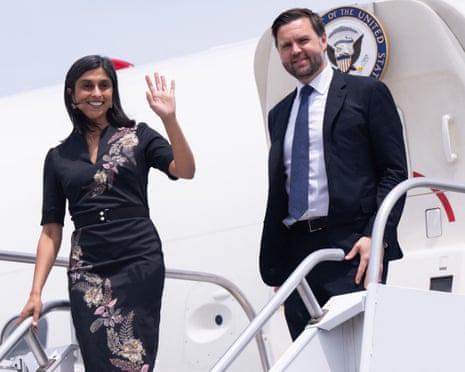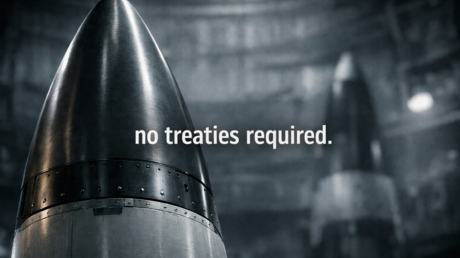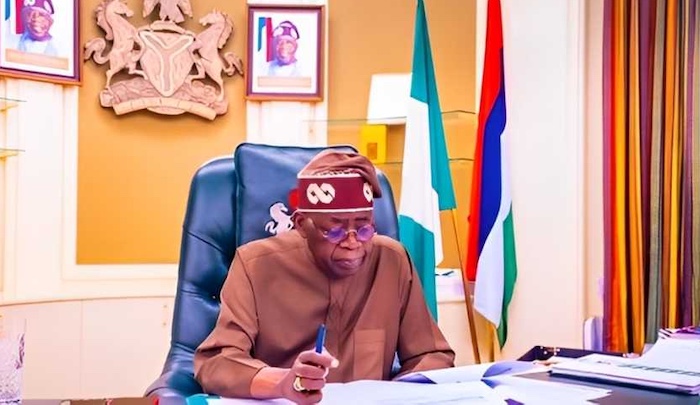Usha Vance, a Yale and Cambridge-educated lawyer, has attracted attention for her political alignment and personal choices following her husband, JD Vance’s rise in American politics. After JD Vance was selected as Donald Trump‘s running mate, Usha left her position at a prestigious Washington, D.C. law firm, making a significant shift in her career. Her public support for Trump, whom her husband previously referred to as “America’s Hitler,” has sparked discussions about her motivations and the implications of her choices.
During a recent event at the University of Mississippi, JD Vance expressed a hope that Usha would convert to Christianity, despite her upbringing in a Hindu household. This statement drew considerable backlash, highlighting the complexities of their relationship in the context of modern political dynamics. Usha’s background and her husband’s comments have raised questions about her role in his political ascent and the broader implications for their family’s identity.
The couple’s faith is a subject of public scrutiny, particularly after JD Vance’s conversion to Catholicism in 2019. His remarks about Usha’s religion were met with criticism, including a response from a right-wing Canadian commentator who suggested that it was inappropriate to publicly undermine Usha’s beliefs for acceptance among far-right groups. JD Vance characterized the commentator’s remarks as “disgusting” and “anti-Christian bigotry,” indicating the charged atmosphere surrounding their public lives.
Despite the controversies, Usha Vance has maintained a degree of independence in her appearance and public persona. She has yet to adopt the cosmetic changes often associated with Trump’s circle, such as the so-called “Mar-a-Lago face.” In an interview with The Free Press in April, she stated, “People don’t seem to care all that much what I look like,” emphasizing her desire to prioritize substance over style.
While Usha Vance has been a significant player in her husband’s political rise, questions linger about her own ambitions and the compromises she may have made along the way. As she navigates her role in a political landscape increasingly criticized for fostering autocracy and bigotry, observers wonder if she ever experiences doubt about her alignment with figures like Trump.
Usha’s journey reflects the challenges faced by many in the public eye, balancing personal beliefs with political realities. Her story is not just one of partnership but also a reflection of the evolving dynamics of identity and loyalty in American politics. As JD Vance continues to shape his political future, Usha Vance remains a figure of interest, embodying the complexities of ambition, identity, and the personal costs of political allegiance.







